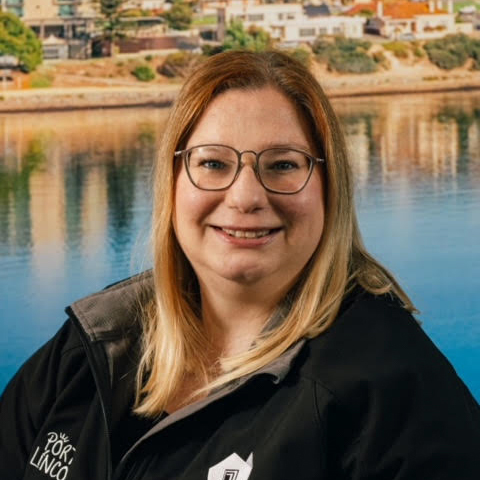Great Communication Makes Accessibility Possible
A guide to ensuring your guests experience stellar accessible tourism
Creating an experience that only impresses at best 80 percent of your guests doesn't sound appealing, does it? Travellers with disabilities are a growing demographic so we spoke with Leesa-Marie White, a longtime friend of WOOF Media, an independent wheelchair user and frequent traveller. She gave us some of her insights into how you can make accessible tourism go beyond 'access' and into the impressive brand experience that you want all your guests to have.

For accommodation providers
In the trip planning stage, a guest with a disability is seeking a lot of extra detail to make sure your property is suitable. For instance, Leesa describes booking an accessible room in Perth but on arrival, discovered there wasn't enough space beside the bed to transfer from her wheelchair into the bed. The answer?
"Lots of photos on your website," Leesa advises.
"For example, I check to see if there's at least one metre of space besides the bed."
As a safety precaution, Leesa also closely reviews any photos of the bathroom to ensure there are railings and a shower chair.
If you have a booking from a guest with disabilities, a phone call the day prior to check-in goes a long way.
"The Ibis Hotel in Adelaide always calls and asks for the time of arrival, will you need help with your bags?" Leesa said.
"They simply ask 'what can we do to make your stay better?'"
Once onsite, the hotel's prior planning pays off. For instance, an employee will be tasked with ensuring Leesa receives breakfast each morning from the buffet, which is slightly too high for her to reach.
No wonder Leesa returns to the Ibis at least once a year.
For restaurant managers
If you don't have an accessible restaurant entrance but do have a convenient side door, there is no easy way for someone in a wheelchair to figure out if they can actually venture inside.
"If there are steps at your front door, we can't even ask your staff if there's a side door," Leesa says.
"So little signs help - to the toilet, to the side entrance."
Signage and/or staff communication is also important once inside. If no signage exists, make sure employees know where the nearest accessible bathrooms are and are proactive in mentioning it.
Employees also need to be mindful about space around the table when they seat a guest in a wheelchair.
"If you're in a back corner, once everyone else sits down at the table, you can't leave," Leesa describes.
For experiences and attractions
Leesa recounts the memory of visiting a zoo where buses to another section of the park leave every 15 minutes. Convenient for everyone - except those who have to wait for the accessible bus, which only passes through once per hour.
"This means you can miss a lot of the experience," Leesa cautions.
"In this situation, there needs to be more communication from staff so you can plan your day."
Leesa also mentions the importance of regularly reviewing pathways and tracks for damage, especially after weather events. Uneven surfaces, hills, and puddles are crucial pieces of information before someone with a wheelchair or cane can use a path. Alert staff and/or use signage if a section of your property sustains damage that could impact them. Additionally, hills and gravel surfaces are pieces of information which could be published on your website to alert visitors during trip planning.
Proactive assistance rules the day
What's the best way to ensure a seamless guest experience? Take inspiration from Paris.
During a trip to the City of Love, Leesa was surprised to discover that she could expect to be proactively assisted by employees wherever she went - at hotels, restaurants and attractions.
"A man with a little sign would pick us out of the crowd and come and take us to the front," she describes.
"What people need to understand is that someone with a disability might only have four good hours of energy for the day."
"If I spent two hours waiting in line, that only leaves two and then I'm out of energy for the day."
"So Paris was impeccable compared to other places."
Have you updated your facilities or service offering to better serve guests with disabilities? Send us your advice and recommendations for other operators.
Further Resources
-
Our client, Jo Fort of the Innamincka Hotel, recently completed Sparrowly Group's workshop on accessible tourism and highly recommends it.
-
For destinations, take a look at Port Lincoln's guide to accessible tourism, which was written and compiled by Leesa.
-
The Accessible Group has a thorough directory of accessible accommodation providers, complete with detailed insights into what a guest could expect onsite.
-
Have a listen to the hit podcast, Accessed That, by Tourism Queensland.
-
If you need to review your compliance with laws and regulations, see this Guide to Accessible Tourism for Operators by Vacayit.
-
For anyone posting to social media, we recommend Hootsuite's Guide to Accessible Social Media Content.
